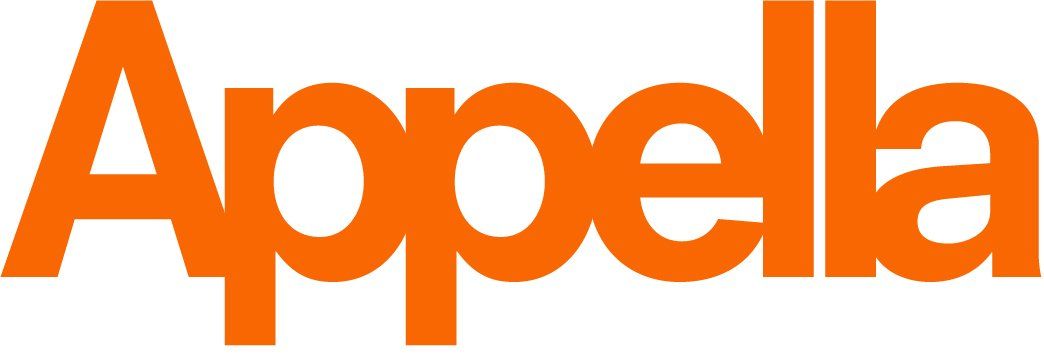PROJECT
Just before Christmas 2014, having come through George’s competitive pitch process, we were engaged on this fast turnaround project. A new name was needed by early January in time for the BETT (British Education and Training Technology) show at the end of January. George needed coverage in the main English speaking parts of the world, the United States, India, Australia, South Africa, Nigeria, Canada and Singapore in addition to some of the major countries by GDP, China, France, Germany, Mexico, Italy, Spain, Brazil, Indonesia and Korea.
This was therefore a major logistical task to be completed just after Christmas in two weeks and for a start-up budget albeit with backing. We were delighted to help. The competitor set in in our Competitor Name Map looked relatively light tonally and there was a mix of brand name types. Names with word play constructions (Eduvee, Socrative) were as relevant as figurative names which were less interesting but, possibly, safer (Top Hat, Benchmark). This contextual licence to be inventive proved George’s and our opportunity to create a powerful, distinctive brand which we would all be proud to stand behind. The range of brand criteria gave us possibly too much creative scope. We picked out Empowerment, Support/Friend, Increase/Boost and Opportunity as key.
A 60 name longlist contained names such as Allileo, Meinstein, Geniator, Vitamin-Ed, College Genie, which was loved by linguists, Lesson Guru and Figured. As we often do for larger projects, we had put in place a two phase trademark and linguistic screening program whereby the first longlist was only validated in the top five countries. This left us with the budget to extend checks for the follow-up round, the results of which gave George the confidence to give the go ahead.
The second, shorter round, where we looked at more inventive names as well as some semi-descriptive ones, now included all 18 trademark jurisdictions and 21 languages. This produced the two favourites of Tutango and Gojimo. These then went to Extended Checks on the 15th of January, only a few days before the BETT show on the 28th of January.
The potential for Tutango (tutor + tango), which was the preferred name, at the time was compromised by a text-message marketing software company in the USA and pulled out of contention. The nearest hit to Gojimo, video games developer Kojima, was sufficiently distant phonetically and visually not to be deemed a problem. A Korean linguistic issue with goji was just weak enough to allow the name to stand. It is just as well. For the record, there were also minor problems with Tutango in Javanese and Mexican Spanish.
Gojimo had several things going for it, apart from near global validation. It comprised the main brand criteria checking elements of go- ‘energy, empowerment’, goji (berries) ‘a superfood which would, in theory, increase thinking capacity’ and the contextual reference of -mo(bile). The ‘o’ rhyme and lack of any consonant clusters also suggests a certain mental acuity and absence of heavy labour.
Gojimo was a finalist of the Best App Category of BETT 2015. George in 2016 was named one of Forbes magazine’s 30 (Young Entrepreneurs) under 30 to watch and Gojimo was sold for an undisclosed sum to the Telegraph Group in April 2017.
